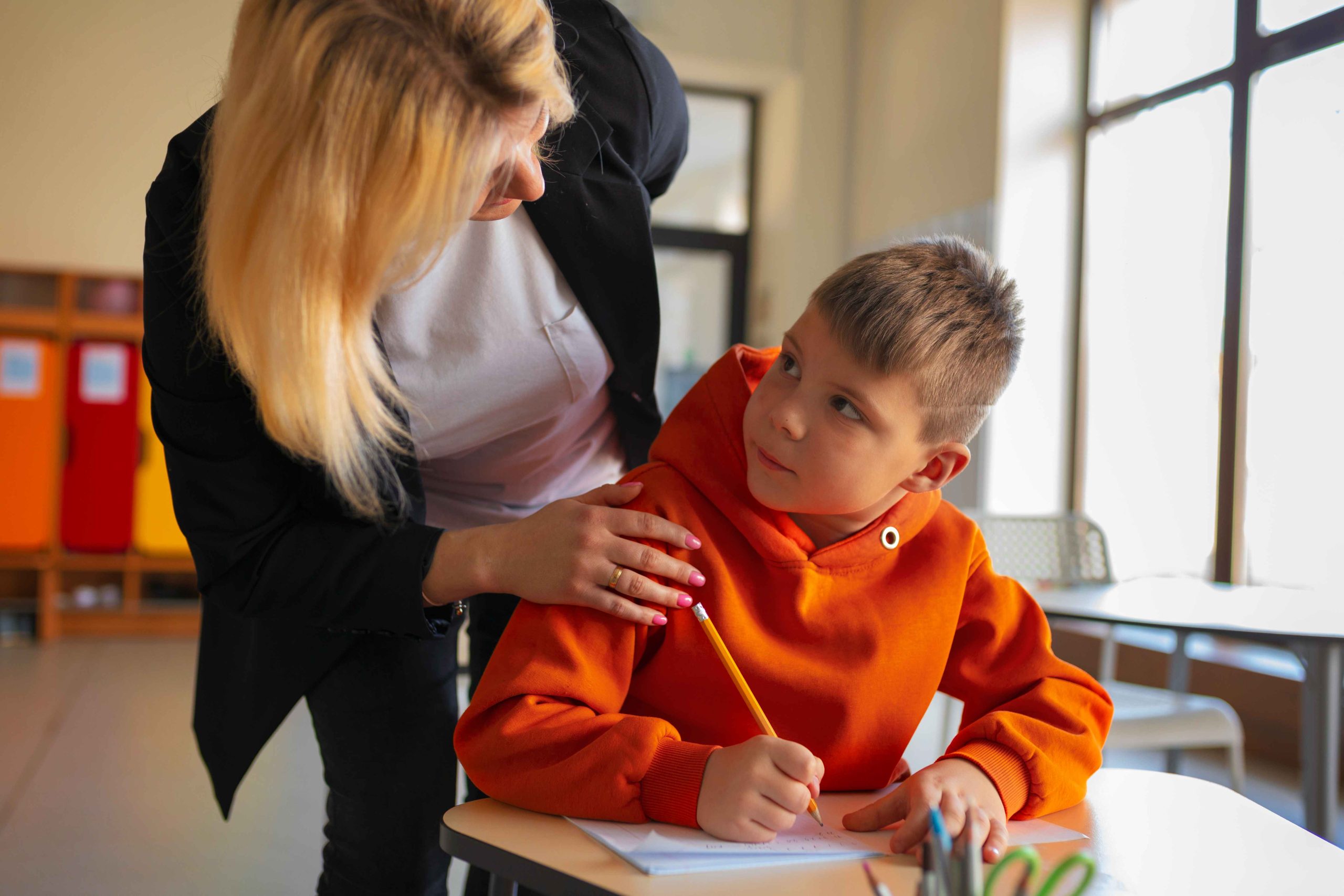
Are Fire Drill Exercises Required for Preschoolers? Top Responsibility
Introduction
The safety of preschoolers in schools is paramount, and fire drills play a crucial role in ensuring their well-being. However, are fire drill exercises necessary for preschoolers? Let’s delve into the importance of fire drills for this vulnerable age group and explore the responsibilities that preschools bear in safeguarding their students.
The Significance of Fire Drill Exercises for Preschoolers
Preschoolers, due to their tender age, face heightened vulnerability in fire emergencies. They lack the ability to independently navigate escape routes or comprehend the dangers posed by fires. Hence, regular fire drill exercises are imperative for preschools to instill necessary safety protocols. These drills not only educate preschoolers on emergency procedures but also alleviate fear and anxiety associated with fires. Moreover, they enhance preschoolers’ ability to react calmly and follow instructions during real emergencies, thereby increasing their chances of safe evacuation.
Additionally, fire drills serve as a tool for preschools to identify and rectify any deficiencies in their emergency preparedness, ensuring the overall safety of their students.
Preschools’ Top Responsibilities in Fire Safety
Preschools hold significant responsibilities in protecting their students from fire hazards. These responsibilities include:
- Conducting Regular Fire Drills: Preschools should schedule fire drills at least once per term, with increased frequency if feasible.
- Installing Fire Alarms and Extinguishers: Fire alarms must be strategically placed throughout the premises, alongside readily accessible fire extinguishers.
- Providing Staff Training: All staff members should undergo comprehensive training in emergency procedures, emphasizing fire safety protocols.
- Conducting Risk Assessments: Preschools must conduct routine risk assessments to identify and mitigate potential fire hazards.
- Maintaining a Safe Environment: Ensuring that tools and supplies are securely stored and pathways are unobstructed is crucial for swift evacuations.
- Informing Parents: Preschools should regularly communicate with parents, informing them about fire safety measures and seeking their cooperation in ensuring their child’s safety.
Challenges and Solutions in Conducting Fire Drills with Preschoolers
1. Fear and Anxiety
Preschoolers may experience fear and anxiety during fire drills, potentially hindering the effectiveness of the exercise.
Solution: Preparing preschoolers in advance, using age-appropriate explanations and reassurance during drills, can help alleviate their apprehensions.
2. Attention Spans
Preschoolers’ limited attention spans pose a challenge in maintaining focus during fire drills.
Solution: Employing visual aids and interactive activities can help sustain preschoolers’ engagement throughout the drill.
3. Physical Limitations
Preschoolers with physical limitations may face difficulties in participating fully in fire drills.
Solution: Individualized accommodations, such as assigning buddies or alternative evacuation routes, are essential in ensuring the inclusion of all preschoolers in fire drill exercises.
Conclusion
Fire drill exercises are indispensable for the safety of preschoolers, with preschools bearing significant responsibilities in implementing effective fire safety measures. By addressing challenges and fostering collaboration between stakeholders, preschools can create a secure environment that prioritizes the well-being of their students.
Ensuring fire safety in preschools requires continuous vigilance and proactive measures. In addition to the outlined responsibilities, preschools should consider additional strategies to further enhance fire safety protocols.
One such strategy is the incorporation of fire safety education into the curriculum. By integrating age-appropriate lessons on fire prevention, evacuation procedures, and the importance of fire drills, preschoolers can develop a deeper understanding of fire safety concepts.
Moreover, preschools can collaborate with local fire departments to conduct interactive fire safety workshops. These workshops can provide hands-on experience with fire extinguishers, demonstrate fire evacuation techniques, and offer valuable insights from fire safety professionals.
Furthermore, the establishment of a dedicated fire safety committee within the preschool can ensure ongoing evaluation and improvement of fire safety measures. This committee can regularly review emergency protocols, conduct mock drills with varying scenarios, and coordinate community outreach initiatives to raise awareness about fire safety.
By adopting a comprehensive approach to fire safety, preschools can create an environment that not only meets regulatory requirements but also fosters a culture of preparedness and proactive risk mitigation.

